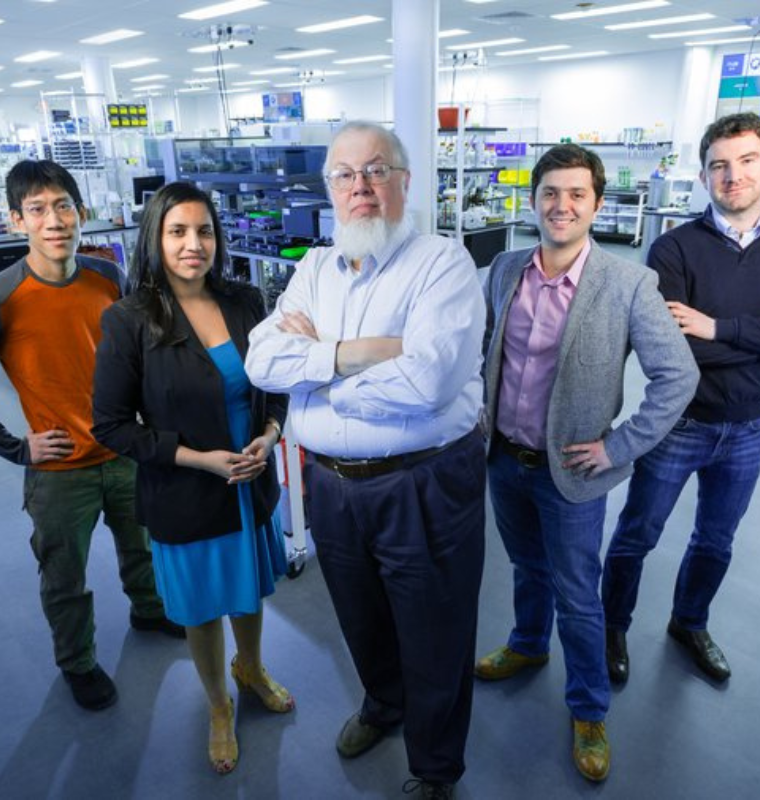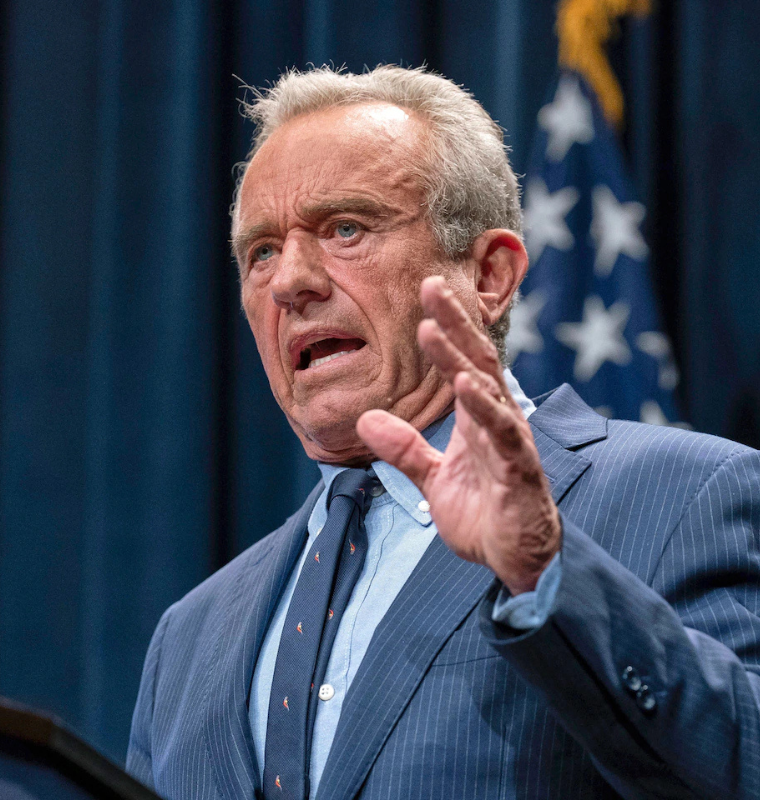China’s Premier Warns Against Politicizing Global Trade Amid Rising Tensions
China’s Premier Warns Against Politicizing Global Trade Amid Rising Tensions
By
Junia Wells
Last updated:
June 25, 2025
First Published:
August 3, 2025

Photo: New Straits Times
China Calls for Economic Collaboration, Not Confrontation
TIANJIN, CHINA — As geopolitical frictions and protectionist measures intensify worldwide, Chinese Premier Li Qiang issued a firm message at the World Economic Forum’s Annual Meeting in China, urging global leaders to keep trade separate from politics and security agendas.
“Globalization will not be reversed,” Li declared through an official translation during the opening plenary of the conference—often referred to as “Summer Davos.” He warned that efforts to politicize trade or manipulate it for security purposes risk destabilizing the global economy.
“Engagement in international trade is not only beneficial but also a way of reshaping global rules and order,” Li added, calling on nations to stay committed to “the right path” of multilateral cooperation.
A Pushback Against Global Trade Fragmentation
Li’s remarks come amid mounting concerns over rising tariffs, export restrictions, and de-risking strategies—especially between the U.S. and China. Though he did not directly address recent U.S. tariff hikes or tensions in the Middle East, his speech was widely interpreted as a defensive stance against economic decoupling.
His position echoes Beijing’s growing frustration with efforts by Western powers to reduce dependence on Chinese supply chains, particularly in semiconductors, clean energy, and advanced technologies.
Multipolar Global Governance: “Wisdom of the East”
Li highlighted an emerging trend toward plurality in global economic governance. He cited last month’s Convention on the Establishment of the International Organization for Mediation, signed by over 30 countries in Hong Kong, as a meaningful step toward resolving international disputes using what he termed “the wisdom of the East.”
Adam Tooze, an economic historian from Columbia University, described Li’s “reshaping the rules and order” comment as “very interesting,” noting the shift toward a more decentralized global structure, where no single country dictates the framework.
Confidence in China’s Domestic Growth Strategy
Despite global headwinds, Li maintained an optimistic outlook on China’s economic trajectory. He emphasized the government’s plan to position China not only as a manufacturing powerhouse but also as a mega-sized consumer economy.
The strategy involves boosting internal demand, reducing reliance on exports, and expanding middle-class consumption. “We’re implementing reforms to strengthen domestic consumption channels while supporting innovation-led growth,” he said.
Louise Loo, lead China economist at Oxford Economics, said Li’s tone signaled confidence in China’s organic economic momentum, despite real estate troubles and weak global demand. “Decoupling is easier said than done. China's integration into global supply chains will continue to underpin its export strength in the near term,” she noted on CNBC’s The China Connection.
Diplomatic Outreach and Regional Engagement
Premier Li also used the event to bolster China’s global diplomacy. In the past week alone, he has met with leaders from Singapore, Vietnam, New Zealand, Ecuador, and Kyrgyzstan, reflecting Beijing’s effort to strengthen trade and political ties across the Asia-Pacific and Latin America.
High-profile guests at the forum included Singapore Prime Minister Lawrence Wong, Vietnamese Prime Minister Pham Minh Chinh, and Ecuadorian President Daniel Noboa Azín. Industry leaders like JD.com’s Liu Qiangdong and TCL founder Li Dongsheng were also in attendance, signaling strong private sector support for continued global integration.
A Plea for Stability Amid a Fractured Global Landscape
Li’s speech was ultimately a call to action: resist the trend of weaponizing trade, embrace cooperative globalization, and work collectively to modernize international economic rules.
As the global order shifts and fractures, China is positioning itself as a champion of multilateralism, eager to shape—rather than follow—the evolving landscape of international commerce.
Popular articles
Subscribe to unlock premium content
Gourmet Gold: Micro-Venture Funds and Europe’s Artisan Food Revolution

Artificial Elegance in Fashion

Ferrari’s Craft of Desire

Gourmet Gold: Micro-Venture Funds and Europe’s Artisan Food Revolution

Artificial Elegance in Fashion

Gourmet Gold: Micro-Venture Funds and Europe’s Artisan Food Revolution









